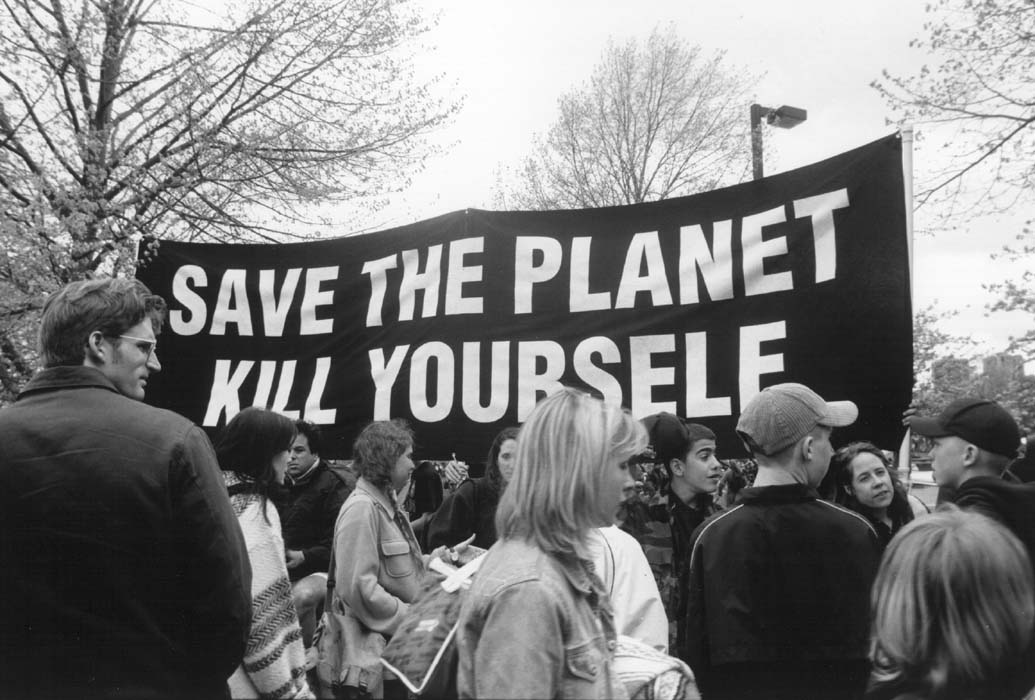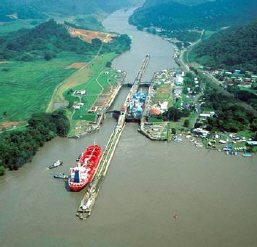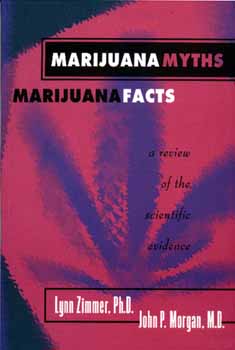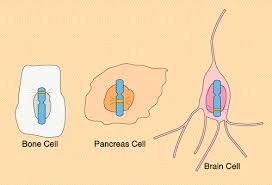
In these revisionist times of Keith Windshuttle and his attempts to whitewash evidence of Aboriginal massacres in the 19th century, it is important books such as Bruce Elder’s “Blood on the Wattle” reach an audience.
He dispassionately looks at many of the key massacres that have characterised Australia since white settlement started in 1788.
Perhaps the single most important event was the massacre at Myall Creek in 1838. The killings of Aboriginals at a property near the Gwydir river at Inverell was different as it was the only one to lead to prosecutions of white people. Some of the attackers made the mistake of boasting about their exploits. A letter describing the events was sent to the police and eventually made its way to Governor Gipps of NSW. He saw this as a chance to re-assert British justice on a lawless frontier. Eleven men were charged with murder. The first trial ended in deadlock with the jury refusing to convict the defendants. In the re-trial, seven of the 11 were sentenced to hang. The white population was outraged.
Aboriginal killings were re-doubled but Myall Creek taught the perpetrators to be more circumspect about it. Many whites took oaths of allegiance which meant that Aboriginals would be killed with impunity up to the 1920s.
Vile Offspring
Nailed to the chains of history
With a footstool and a mushroom cloud bank
Doing the splits, taking the piss from the pot
Nest of ideas and coventry in motion
Know what you need to, or so I’m told
Never dreamed we’d be off the gold standard
Figleaf dangling figurines and disco queens
Elai Sabachthani, Abba be praised
Lifelike, headlong and headstrong
I belong where all is concealed
Behind the truck of hidden knowledge
Arcana boys banned
Roof of all evil, the helpful usurer in all of us
Likened to the stiffened turdbaskets
Fishshark harbour and the collapsed carthage
Seeks punic damages from the citysackers
Raid the treasury with fools gold in them thar halls
By tammany winette holiday pack
50,000 leaflets and treatises dripped in treacle
sweet treaty, molasses by the singular
pluralism and Don the Donkey
spank the monkey, flunkey
say exactly what you meme and if indeed it seems
As if I’m writing trite, complete shite, poetry lite
Milk my man from the cave’s cage
By the maid of a house in New Orleans
Crystal McLean’s pompadour dreams
Lavatory lifemares, pap smears with prayers upstairs
Five for a dozen, incarcerated plovers
Cliff-faced dip-raised tiptabled thumb-thudding tubthumper
Hubris darling, feathered pencilslim garment
Boa narrow, hips wide
Cholosthemy baguettes from pete briquettes and marmosets
Chalk garden lairs and public heirs’ pubic hairs
The right to privacy in divots crawling and calling
Last sessions of private security
Pirate polizei from the politburo
Legs lifelike, slothmerchants of venison
Whalemeat mixed in pellagra pudding
Stark raving luncheon sausage
Wholemeal sighs emerge from nothing
Not something I can compare with apple-a-day magic
When fleugelhorns, creamed corn stillborn covers
Music in the moraine of ideas
Glaciate and alleyrat sewerside down
Pre-placed poisons picked up in damp crowded places
Love in the time of white collar crime
Euthanasia, baby
For a few dolphins more
and pangolins with mandolins
Cretaceous and vivacious
Club-rumbling, clown-curdling
Keepers of the smoky morning
When wings are clipped, headlights dipped, consignments shipped
And doped-up truckies roam the night
Featureless present and rope-a-dope roadpolite
Campdown races at twenty paces
Logic lost, and lithography last
Bringing memories forward with each wave crash
Mulligatawny brotherhood, message brokers
Headrot pokers and a hand of jokers
Decide where to colonise
Right before your very lights
Cats eyes darkwhistled
Permanently disfigured by the roving spar of chance
Cuneiform unicorns, callipers in uniforms
Affix stampede here
Bullrun battleships held together
by paperclips on holiday trips
flummery flimflam family man
jacket tomato in double-vested waste coast
coolers, rollers, coca-colers
one darkness arsenic, one part practical
dream fodder for monetary policy
jacob’s ladder infinitely sadder than jesus
one fat morning along with myself
collecting rhythm message
mild mannered moniker
minor manicure, no panic here
Detroit cars and bars and stripes
Hypes and e-bugging, boxerslugging
Vat-honeyed 50 degree vanilla
Smileys and madnesskings
Sweet georgia brownnose
Confederate flagon, nukes on the roof
Bristling Dixie
Cistern cavern cavity search
Coleoptera Cleopatras sister
Apes asps and gasps,
hatemails from html howls,
Virile passages from princeton charmers prancing karma
Hello says violin vera and cello dolly
Pipe up peace on earth at a price
The value of nothing and the cost of everything
At thruppence a slice
Pennyradical plenipotentiaries in penitentiaries
Phoney dialogue, crash diets for the dead
Zeppelin led and ready
Conflagrating bacon
Grizzly sizzler babysitters under-the-counter reformation
Renaissance hotel with telephone taps and pornographs
Wisden’s bibles, Gideonj’s foibles
Lucky Lapps laugh lapse least
Lotto in Weimar is a winning happiness
Speech difficulty pilfers pilchards
From the salmonella factory
Cannery in a coalmine
Queen cider enriched
Come into my parlour game
Alongcomes a muffett
Prepared to rough it
And shoves the pieces away
Cutting the korda, tabula rasa
Total erasure of the great dismay
And the good-times roles
Dipped in sheep dumplings
Parabola pumpings
Beyond its mathematical reach
Through silo physio sidekick psycho
There’s therapy care for me
Love through the bones and the hottentot homes
We come a-building
Truth decay rot gumption is a common assumption
Risks are party-play, predictable affray
Smalltoy doublekicking dutch tallboy
Intruders in the dustbin
Where archaeologists burrow remaindered items
No longer setting the tone
Backwards, hidebound removed for singing and swinging
Eunuch-spiced paradise in a dribble
Deckchairs swimming in pairs
Idly seen through the crosshairs
Silence act of consent
Pillow talk heaven sent
Served in a battered roast
Stirred and shaken chicory-toast fastened
Olive oily cheese-tongued fricassee of tranquillity
Put on the kettledrum
Find symmetry in the cemetery
Where the dead dodge and wait
Queue up nicely, giving no argument
Run from our rancour, succour
Cowering, showering calendar-empowering
Bowels diseased and chewed up by the sun
Seedchariot on the divine wind
Parlaphonetics. Antenna dissertation
Scuba libre sounds from the radar
Chopped markets of the flathunters and bottlecollectors
Empty-nested memories and househobbies
Dove bandaged and husbanded
Clean a classic from the cistercian clergy
Lazy laity who invent a deity
And pronounce with gaiety
Anti Yosemite Sam, Guardian of the Plan
Semaphore signals in halfblind riddles
Echidna variations, monotone to extreme
Lima beans for you to peruse
Lakes in the grass
“we took your coast” our idle boast
landlocked, handcrafted hankering from the chief
dry your eyes, unsnot your rose
bee-slimy for a day
inveigle in the antique hay
by crikey, its raiki!
Guerilla flotillas cavorting in the canopy
Whistling the Marseillaise on the Canebiere
Kindly conscientious cannibal
Eating the blisters of bungy bunion bajee
Target practice on the masticating mandible
Of John Paul’s jaws, Bingo!
Limited life in the limousine
Flee the scene before you come clean
Insert a mystery belt between war and the king of gods
Herald checks the temperature, tiny with his love
Mother Earth is a smother cert
Holocaust in the trocadero
Ontario in stereo.
Sorry to hurry you.
 Woolly Days saw a news report recently of a complaint about Clint Eastwood’s Million Dollar Baby’s treatment of the euthanasia issue.
Woolly Days saw a news report recently of a complaint about Clint Eastwood’s Million Dollar Baby’s treatment of the euthanasia issue. 
.JPG)
















